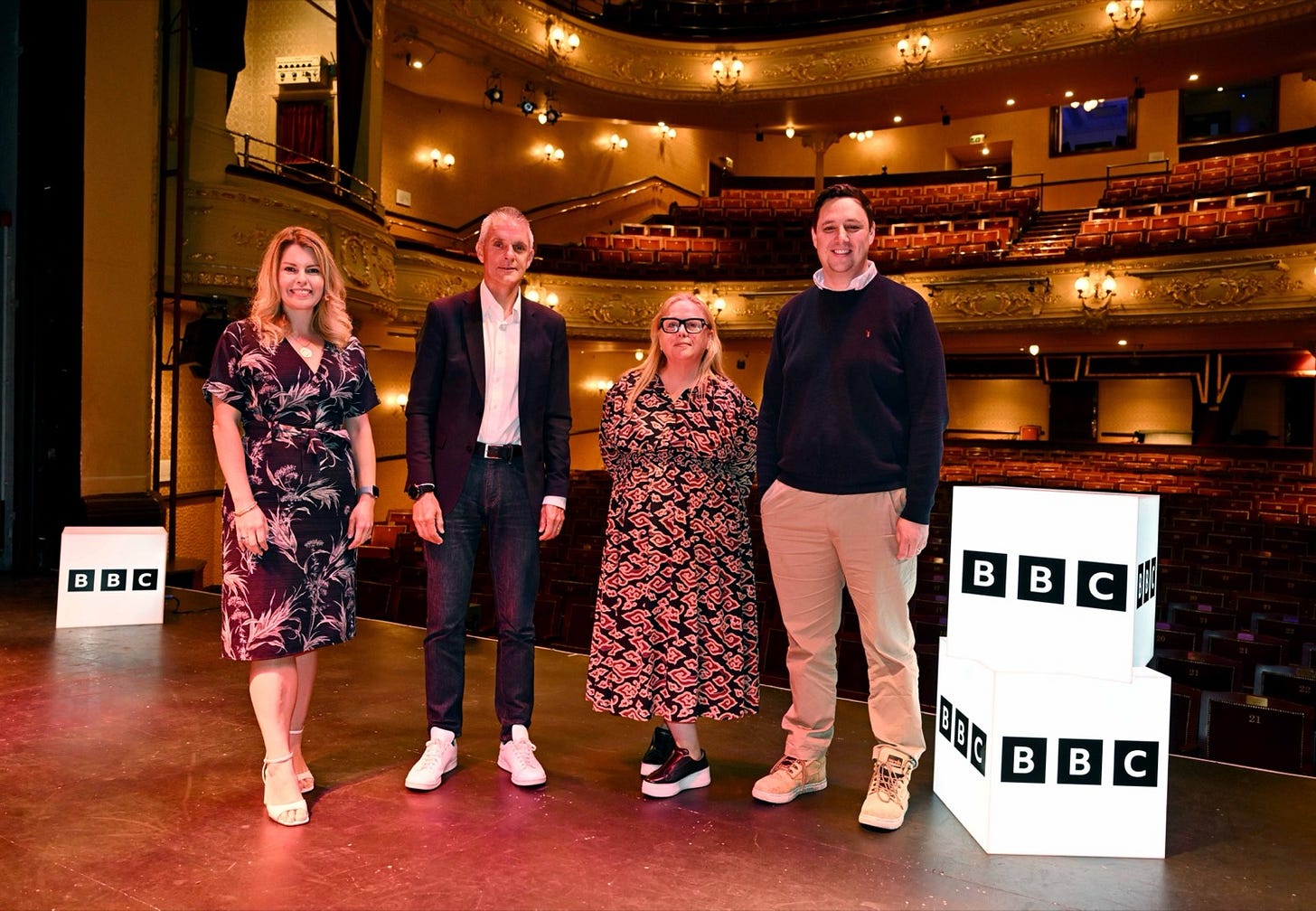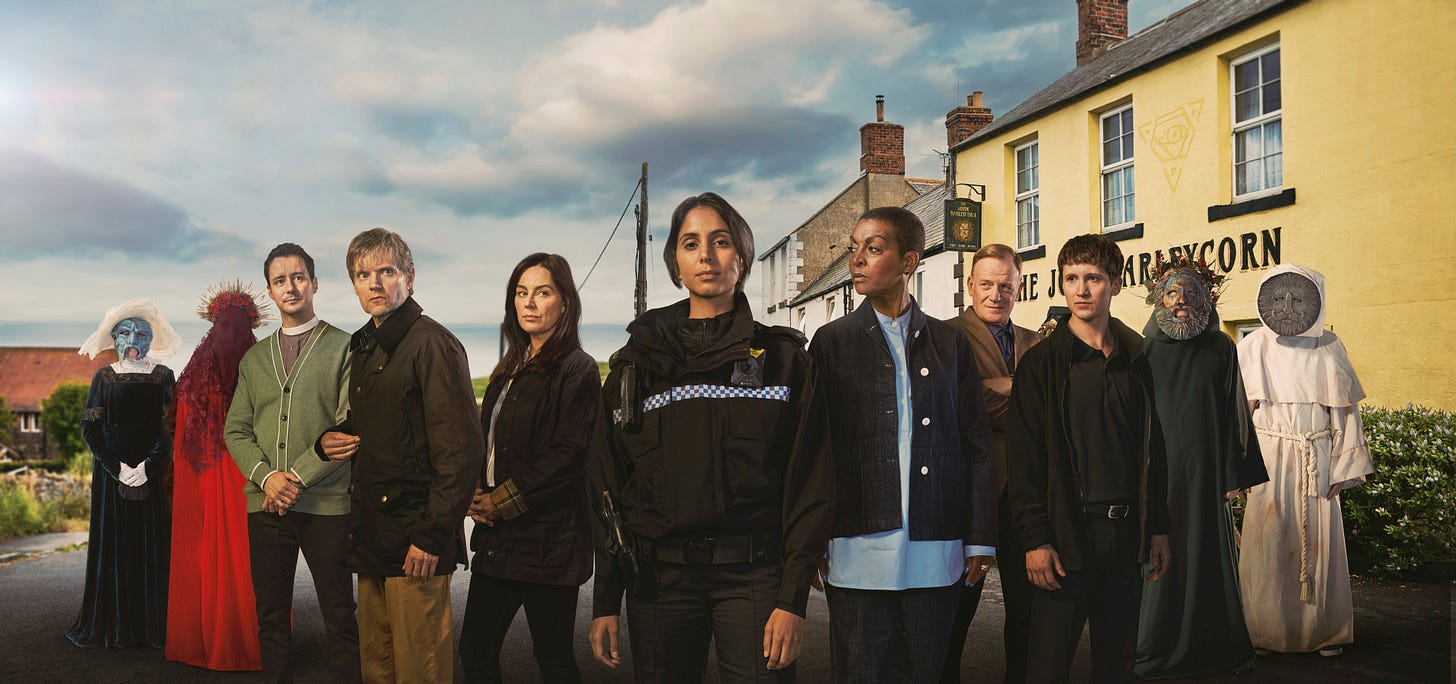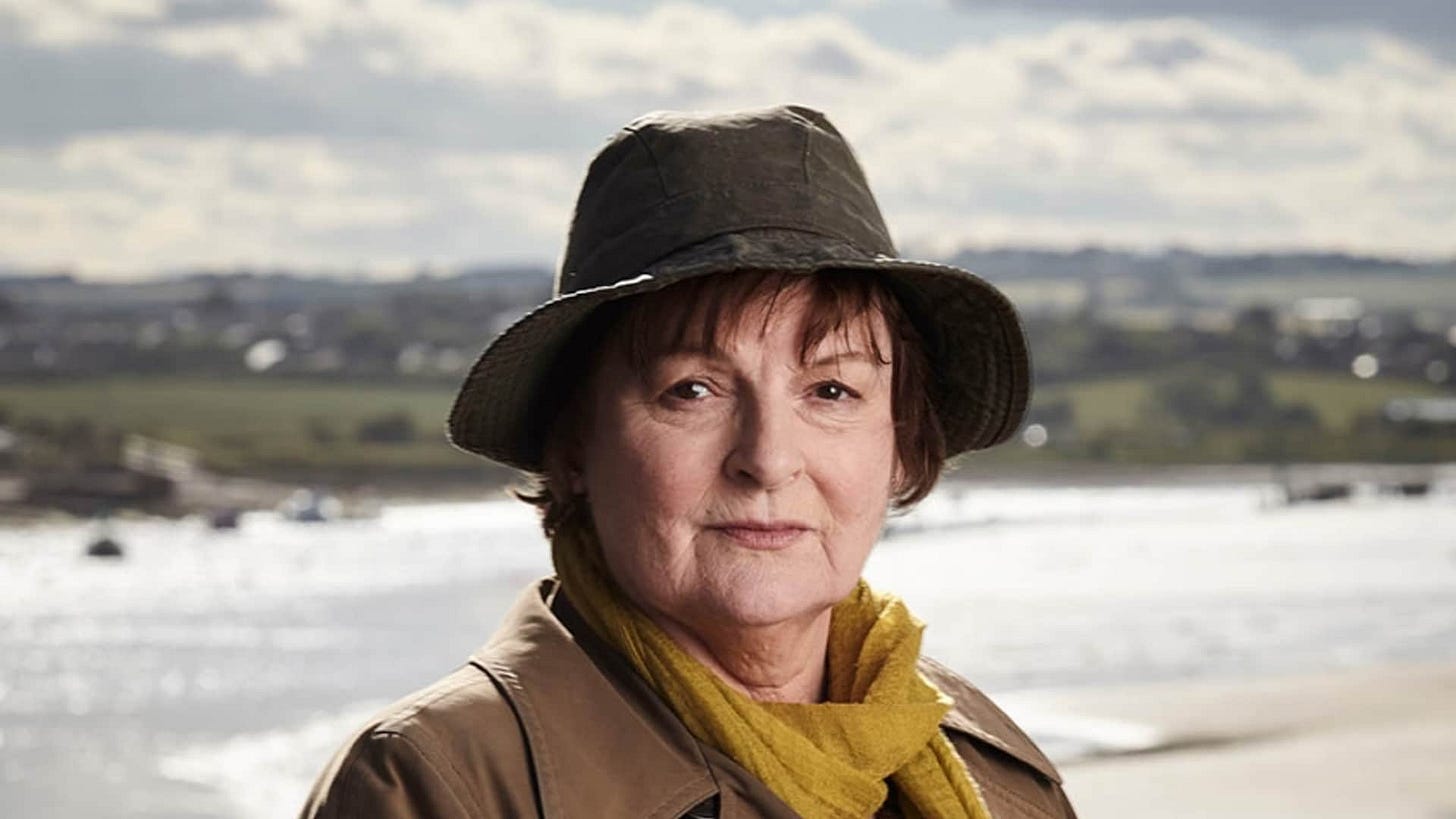North East Screen celebrates blockbuster growth in film and TV
Three-year report reveals region is the UK’s fastest-growing screen hub, with soaring production spend, new jobs and major investment driving a creative boom

The region has become the fastest-growing screen hub in the UK while nurturing homegrown talent and attracting world-class productions.
That’s the elevator pitch for North East Screen’s 3 Years of Big Impacts report, which was released today (September 25).
The findings chart a surge in production that has seen the North East host the final series of beloved ITV detective drama Vera and serve as a post-apocalyptic backdrop for Danny Boyle’s international blockbuster 28 Years Later, alongside a raft of new dramas and comedies filmed across the region.
Between 2022 and 2025, the North East recorded a 131% surge in production spend, translating into more than £65 million in gross value added (GVA). Backed by the North East Screen Industries Partnership (NESIP) and support from both combined authorities, the sector has grown against a backdrop of global challenges for film and TV.
The investment has delivered real results on the ground, creating more than 1,046 full-time equivalent jobs; delivering 6,422 training days; and making sure 65% of crew on funded productions have been hired locally.
Filming days are up 90%, with productions staying longer thanks to alternative studio spaces.
Over the past three years, the North East has hosted a wide range of television and film productions.
As well as zombies on Holy Island and the final outing for Brenda Blethyn’s mac and hat combo, BBC Three sitcom Smoggie Queens has just completed its second series in Middlesbrough; Newcastle-shot Channel 5 drama The Feud, starring Jill Halfpenny and Larry Lamb, hit the screen earlier this year; while real life drama I Fought the Law brought BAFTA winning Sheridan Smith to Teesside to play the incredible Ann Ming.
Northumberland was the backdrop for The Red King, which transformed the county into a remote island off the coast of Wales while Hartlepool’s Northern Studios was home to ITV comedy Transaction, the first series to be filmed entirely at the facility.
Alison Gwynn, chief executive of North East Screen, said collaboration was key to the success.
“Not only is the North East the fastest growing region in the UK for screen industries, it’s also a region bursting with untapped potential, despite the challenges the global screen industry has faced,” she said.
“This report is a testament to the power of our unique public sector and industry collaboration. Everything achieved here is thanks to the incredible talent, crew, businesses and world class stories that are rooted in our region.”
The North East Production Fund (NEPF) has been central to this growth, investing £2.37m into 10 productions and generating £6.70 return for every £1 invested.
Meanwhile, the number of regularly commissioned companies has leapt from one to eight, while 50 investments in business and slate development are helping local talent scale up.
North East Mayor Kim McGuinness said the region was setting the stage to become a true “powerhouse” of UK film and TV.
“We are a region full of creative talent and that is why we’re investing £6,252,944 to support the groundbreaking work North East Screen is doing to bring major film and TV productions to our region,” she said.
“Our iconic landmarks and locations have been beamed across the world and featured in leading film and TV productions, including the Harry Potter films and more recently 28 Years Later.”
Tees Valley Mayor Ben Houchen pointed to the momentum building around new studio facilities

“It’s outstanding that our region’s vibrant TV and film production industry is going from strength to strength as the fastest-growing in the UK – supporting hugely successful shows such as the powerful Teesside story told in I Fought The Law,” he said.
“Through the Tees Valley Investment Zone, we’re putting a real focus on supporting our fast-growing creative and digital sectors – driving forward with the £33.5m expansion of The Northern Studios and an exciting new production village in Hartlepool.”
As the region prepares for its next phase of growth – including the Crown Works Studios project in Sunderland and further expansion in Tees Valley – Alison said the focus will be on embedding diversity, innovation and sustainability at the heart of the industry.
“Productions come to the North East for our world class locations … and stay because they find all they need via our welcoming front door to the industry,” she said. “This is just the beginning.”




